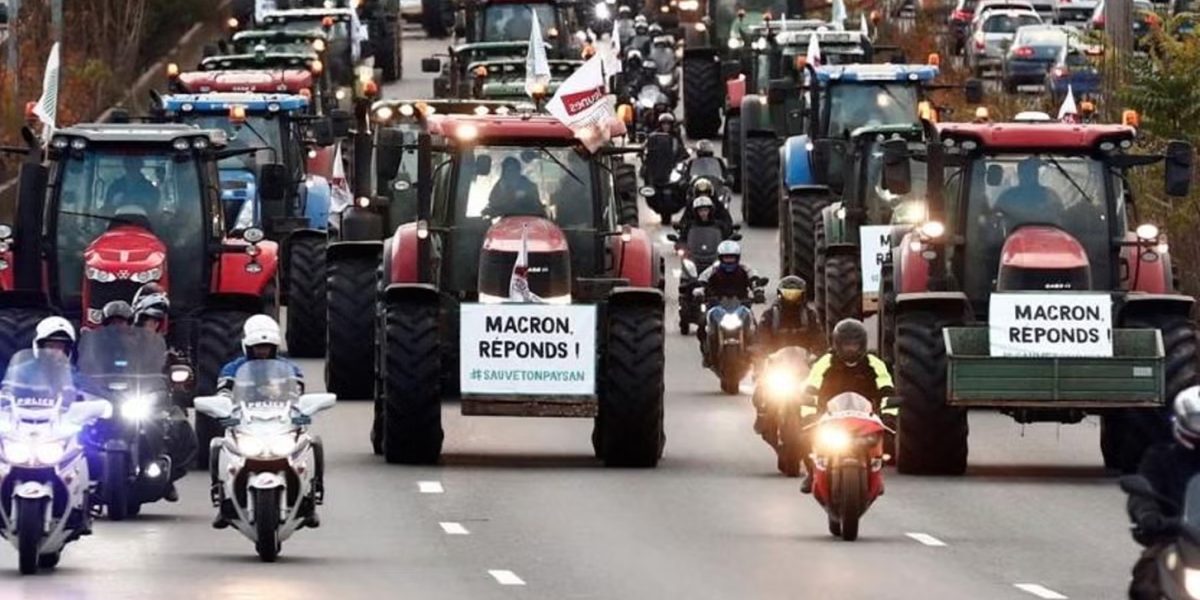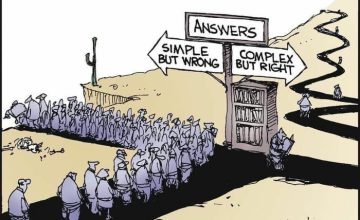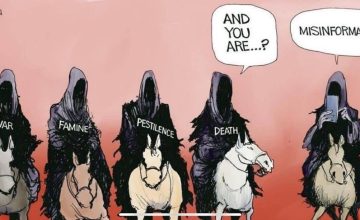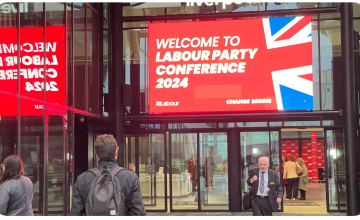The recent wave of protests by French farmers has not only brought highways to a standstill but also unveiled a tapestry of geopolitical implications. Stemming from a multitude of grievances, these demonstrations reflect broader discontent within the agricultural sector, resonating across Europe. Beyond the immediate demands for better pay and reduced regulation, the protests underscore significant geopolitical ramifications that extend beyond national borders.
French farmers, as the backbone of the EU’s agricultural sector, are grappling with a myriad of challenges. They lament being squeezed by low prices, burdened by excessive regulations, and facing stiff competition from imports. French imports increased from 28 billion euros to more than 61.5 billion from 2000-2001. The influx of Ukrainian produce, coupled with negotiations for a trade deal with Mercosur, exacerbated concerns over fair competition and environmental standards. Moreover, the agricultural policies set at the EU level, such as fallow land requirements, pose additional burdens on French farmers, triggering sentiments of neglect and frustration.

Domestic Political Pressures
The protests led by the two largest agricultural unions, the Young Farmers and the FNSEA (the French acronym for the National Federation of Farmers’ Unions) pose a significant challenge for the French government, especially amidst upcoming European elections. Among their primary concerns are the economic uncertainties experienced by a significant portion of farmers, with nearly one third earning less than 354 euros ($390) a month. They also protest what they perceive as unfair competition from farmers in countries with less stringent food quality standards. Additionally, the farmers denounce what they see as the defamation of French farming communities by urban populations and politicians who seek to gain favor with them—a phenomenon dubbed “Agribashing” in evocative terms.
Prime Minister Gabriel Attal’s response and concessions have for the interim appeased the two major unions. The concessions included the scrapping of diesel tax increases and promises to reduce red tape, a move that reflected the delicate balancing act between appeasing farmers and upholding broader policy objectives. However, with calls for further demonstrations persisting, the government faces mounting pressure to address the underlying grievances comprehensively.
Impact on EU Agricultural Policies
At the heart of the protests lies a debate over the direction of EU agricultural policies. The tensions highlight discrepancies between member states regarding subsidies, trade agreements, and environmental regulations. France’s efforts to seek concessions at the EU level, such as waiving fallow land requirements, underscore the complexities of harmonizing agricultural policies across diverse economies and interests within the union. These negotiations could shape the future trajectory of EU agricultural policy, influencing trade relations and strategic alliances.
Regional and Global Trade Dynamics
The protests reverberate beyond European borders, impacting regional and global trade dynamics. The disruption caused by French farmers adds to existing tensions within the EU, as seen in Belgium and Germany, and reflects broader discontent among agricultural communities worldwide. Trade relations with Ukraine and Mercosur, already contentious issues, face further scrutiny amidst calls for protectionist measures to shield domestic producers. Such developments could disrupt existing trade flows, redefine alliances, and prompt a reevaluation of global agricultural trade policies.
Recent victories achieved by French farmers in their protests have spurred solidarity movements among agriculture workers in neighboring European countries, culminating in demonstrations at the European Union headquarters in Brussels. While some observers hastily attribute these protests to Euroskeptic sentiments, implying a rejection of EU efficacy, the reality is far more nuanced. The grievances articulated by farmers across Europe are multifaceted, reflecting broader concerns about agricultural policies, economic sustainability, and national influence within the EU framework.
The convergence of agriculture workers in Brussels signifies a collective recognition of the EU’s role in shaping agricultural policy and the need for concerted action to address common challenges.
While Euroskeptic sentiments may surface within certain segments of European society, it would be simplistic to characterize the farmer protests solely through this lens. Instead, these demonstrations serve as a manifestation of a deeper desire for national representation and influence within the EU. Farmers seek to ensure that EU policies align with their interests and address their concerns effectively, emphasizing the importance of incorporating diverse perspectives into European decision-making processes.
Environmental Concerns and Sustainability:
The farming sector presently contributes to 11% of the European Union’s greenhouse gas emissions, a statistic that the EU endeavors to mitigate through a reform of its existing Common Agricultural Policy, a subsidy system amounting to nearly $60 billion annually. These new policies, integral to the European Green Deal’s ambition to achieve climate neutrality by 2050, entail compelling farmers to allocate a minimum of 4% of arable land to non-productive features. Additionally, farmers are required to implement crop rotations and decrease fertilizer usage by a minimum of 20%.
Amidst the protests, environmental considerations also come to the forefront. While farmers express frustration over stringent regulations, there is a growing recognition of the need for sustainable agricultural practices. The EU’s ambitious environmental goals, including carbon neutrality targets, necessitate a shift towards more eco-friendly farming methods. Balancing these environmental imperatives with the economic viability of farming operations poses a formidable challenge for policymakers. Addressing these concerns will require innovative solutions that promote both environmental sustainability and agricultural prosperity.
Social and Cultural Dynamics
Beyond economic and political factors, the protests reflect deeper social and cultural dynamics within rural communities. French farmers, often portrayed as custodians of traditional rural values, perceive themselves as guardians of national identity and heritage. The protests symbolize a struggle for recognition and respect, highlighting tensions between urban and rural populations. As demographic shifts and modernization reshape the agricultural landscape, preserving rural livelihoods and communities becomes an increasingly urgent imperative.
The French farmer protests serve as a poignant reminder of the intricate interplay between domestic grievances, regional dynamics, and global geopolitical shifts. As governments navigate the complexities of addressing agricultural challenges, they must strike a delicate balance between supporting domestic producers, upholding international commitments, and fostering sustainable agricultural practices. The outcomes of these protests will not only shape the future of farming in France but also reverberate across the European Union and beyond, influencing trade relations, policy decisions, and geopolitical alignments on a global scale.









